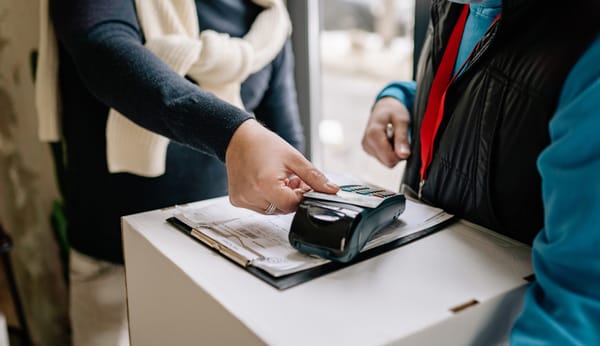Grifting may be a new word for many (nothing to do with racing!). Basically, grifting is engaging in petty fraud crimes, small swindles or gambling cons. However, if grifting was a small fire that could burn your hand, social media is the petrol that has turned that small fire into a raging forest fire that could burn your house down.
Some social media influencers have brought a new form of grifting into the mainstream by using their influence to take advantage of their followers in a pump-and-dump scam.
According to investopedia, a pump-and-dump scam is the illegal act of an investor or group of investors promoting a stock they hold and selling once the stock price has risen following the surge in interest as a result of their endorsement.
Social media is everywhere these days. Most people use one or more social media platforms to stay in touch with friends, to stay informed of what is happening in their community, city or country or simply to relax and procrastinate.
The rise of social media influencers is a relatively new phenomenon. Influencers are generally charismatic people who have built up millions of followers. Some influencers specialise in particular areas, sometimes called lifestyle influencers, others are just funny to watch. There are also a subset of influencers who claim to be financial gurus and that they’ve made millions through investing. Many of these influencers promise users that if they follow their advice they could be rich like them - an old line!
Sadly the rise of investing platforms and the ease with which people can invest, has enabled influencers to run pump-and-dump grifts very easily. It’s simple: an influencer will identify an unknown stock that has a low transaction volume and buy a sizable amount of the stock. Promoters of the scheme will then begin to coordinate rumours, misinformation or hype in order to artificially increase interest in the security, driving up its price. They are effectively encouraging their followers to invest in that stock with the promise that the stock price will rise (often claiming that they have special insight into the company) and that their followers can earn a huge return on their initial investment. If the influencer has enough followers who listen to their advice, the increased demand will most likely cause the stock price to rise, whereupon the influencer will sell their shares at a profit, whilst most of the followers will be left holding a stock that will most likely drop in value as soon as the artificial demand has subsided.
You may be thinking, surely such a scam can’t earn influencers that much money, but you’d be surprised. In December 2022, a group of 8 American finance influencers was charged with fraud by the Securities and Exchange Commission (SEC). They allegedly earned profits of $100 million by tricking their Discord and Twitter followers and podcast listeners into their pump and dump scheme. The court filing included a rather damning exchange between two of the defendants, in which one allegedly told the other that they were “robbing f*cking idiots of their money.” It even appears that they tried to dodge legal risk by claiming in their bios that they don’t offer investment advice and that you should probably “do the opposite”.
At Franc we believe in educating and empowering our users to manage their finances responsibly. That is why we are raising awareness about this issue in hopes that we can stop South Africans from falling victim to grifters.
The truth is we all would like to get rich quickly, but the safest, surest way to build wealth is by making the smart decisions and investing your money wisely and being patient. Franc offers South Africans a platform that gives them access to steady, safe investments so that they can build real wealth over time. All you need to do is take 2 minutes to sign up on our app or website. Our simple-to-use platform gives you access to leading cash and equity funds - the meat and potatoes of investing, if you will. Moral of the story, promises of quick returns and huge profits are more often than not too good to be true. Don’t be fooled.










